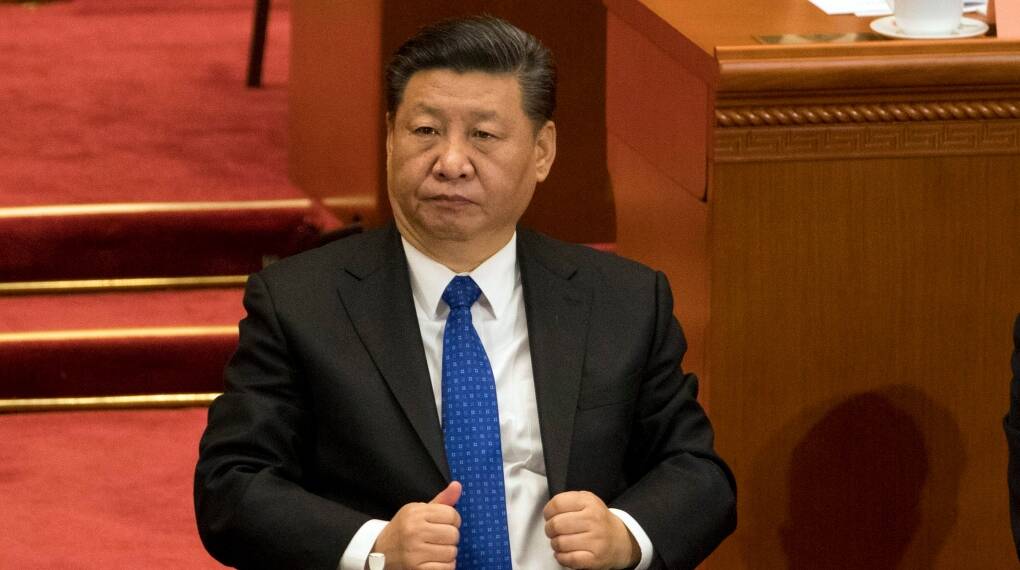Chinese President Xi Jinping wants to become a world leader, but his messages are nowadays more or less directed at the domestic audience in a desperate bid to hold his country together ahead of the many challenges facing him. Now, Qiushi Journal, a publication of the ruling Communist Party in China has released a speech by Xi Jinping that underscores the need for establishing independent and controllable supply chains to ensure industrial and national security, even as the US continues to isolate China.
Interestingly, the speech was given in April, but the Communist Party journal has released the remarks only now, seemingly as an acknowledgement of the crippling supply chain issues that Beijing is about to face. China is going to fight many supply issues in the coming months across a broad range of sectors including electronics manufacturing, tech businesses and even agriculture-based products, given China’s trade and economic rivalry with democratic powers like the US, Australia and Japan.
Xi said, “We must strive to have at least one alternative source for key products and supply channels, to create a necessary industrial backup system.” In his speech, Xi had used the Wuhan Coronavirus Pandemic as a pretext to push “independent, controllable, safe, and reliable” chains.
Even last week, the Chinese Communist Party concluded the annual meeting that outlined the next five-year plan that relies almost entirely on two pillars- “technological self-reliance” of development of a “strong domestic market” through dual circulation strategy.
But the fact remains that Xi Jinping is pushing for new alternative supply chains not merely because of the Pandemic, but due to the changing geopolitical realities. The Chinese President is seemingly terrorised by the manner in which the democratic world is decoupling the paper dragon.
Recently, for example, the Trump administration cut China off semiconductor supplies, literally handicapping the Chinese tech industry. Semiconductors are the most essential component in manufacturing tech equipment of all kinds from satellites to smartphones, and by depriving China of semiconductor supplies, the United States is making the survival of Chinese tech giants like Huawei difficult.
And then the United States is certainly not Xi Jinping’s only problem. In August, India, Japan and Australia also came together to take on the Chinese challenge as the troika started deliberations to launch a trilateral Supply Chain Resilience Initiative to reduce the dependency on China. Therefore, the QUAD nations- India, Australia, Japan and the US are working together in such a way that supply chains are being pushed away from China in a bid to reshape the present world order and isolate China’s exports-based economy.
Japan too, for example, has been incentivising its manufacturing companies to shift production out of China. Many Japanese companies have, in fact, relocated from China either to Japan or to other foreign locations.
And then, Beijing’s woes aren’t limited to only the tech world. China is also at the brink of a crippling food shortage crisis due to internal floods and locust invasions. And even in this context, China’s tariff battles with the United States and Australia do not really help Beijing.
Already facing signs of a crippling food shortage crisis, China has taken suicidal steps like imposing 80 per cent tariff on Australian Barley, slapping a ban on meat imports from four Australian abattoirs or more recently banning on wheat imports from down under.
Anyhow, Beijing’s geopolitical and geoeconomic tussles with countries like the US, India, Japan and Australia is creating an unprecedented supply chain crisis for the People’s Republic of China. And Xi Jinping has sensed how his country is about to land in a very tough position. Therefore, he is now asking the people of China to fulfil the insurmountable task of building independent and controllable supply chains.








